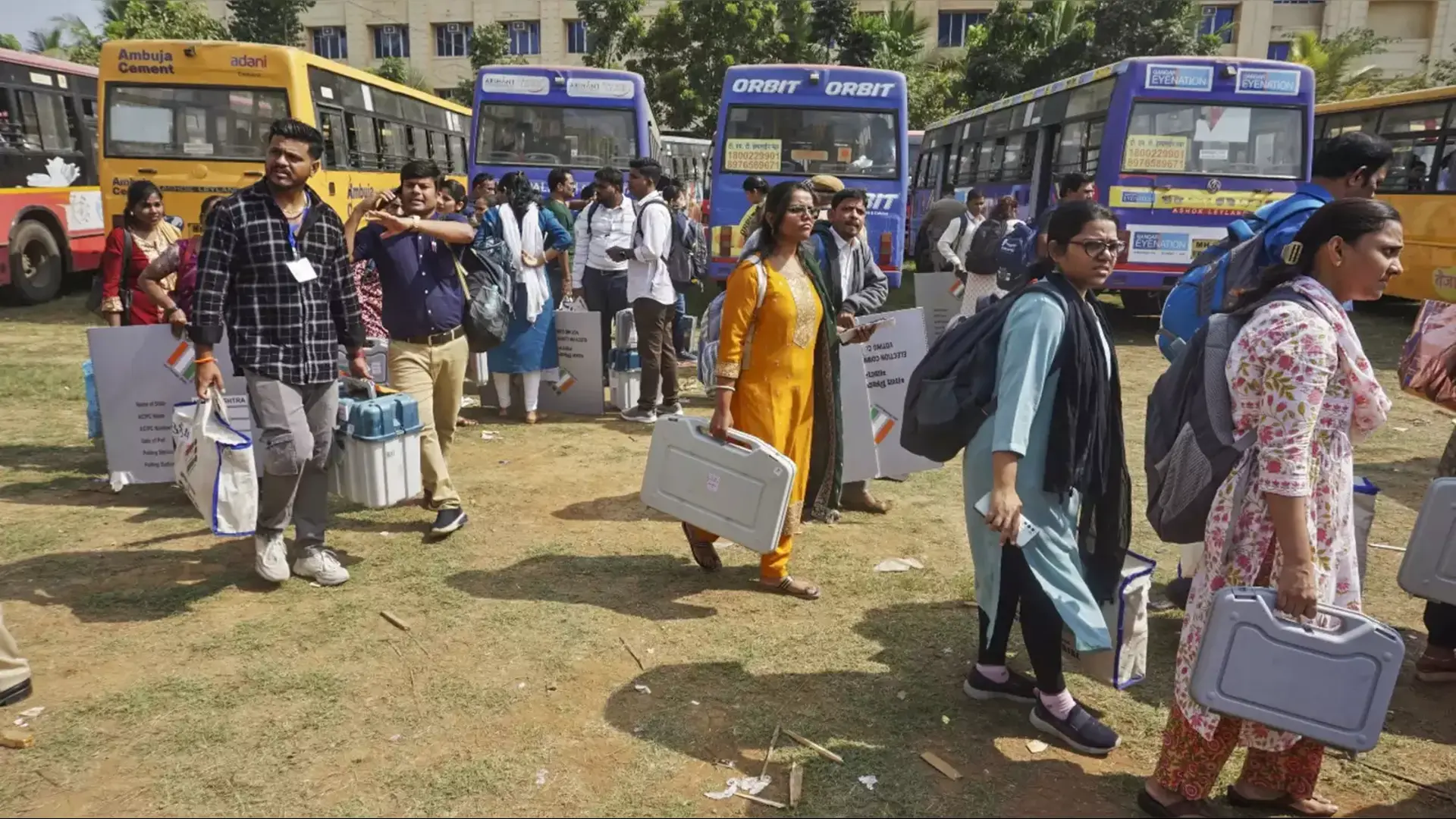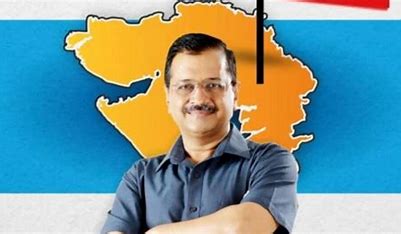
A day after WhatsApp filed a lawsuit in the Delhi High Court against new IT rules, the government on Wednesday said that “no Fundamental Right, including the Right to Privacy, is absolute”.
Union Minister Ravi Shankar Prasad said: “The Government of India is committed to ensure the Right of Privacy to all its citizens, but at the same time, it is also the responsibility of the government to maintain law and order and ensure national security.”
The minister also stated that “none of the measures proposed by India will impact the normal functioning of WhatsApp in any manner whatsoever and for the common users, there will be no impact”
The Ministry of Electronics and Information Technology (MeitY) on Wednesday also called that WhatsApp’s “last minute challenge” to the new social media and intermediary guidelines, all clauses
of which came into effect on 26 May, a “clear act of defiance” and an “unfortunate attempt to keep the guidelines from coming into effect”.
“WhatsApp’s challenge, at the very last moment, and despite having sufficient time and opportunity available during the consultation process and after the rules were enacted, to the Intermediary Guidelines is an unfortunate attempt to prevent the same from coming into effect,” the ministry said in a statement. “Any operations being run in India are subject to the law of the land. WhatsApp’s refusal to comply with the guidelines is a clear act of defiance of a measure whose intent can certainly not be doubted,” it added.
As per all established judicial dictum, no Fundamental Right, including the Right to Privacy, is absolute and it is subject to reasonable restrictions. The requirements in the Intermediary Guidelines pertaining to the first originator of information are an example of such a reasonable restriction, a statement issued by the government said.
When Rule 4(2) of the Intermediary Guidelines is examined through the test of proportionality, then that test is also met. The cornerstone of this test is whether a lesser effective alternative remedy exists. As per the Intermediary Guidelines, the originator of information can only be traced in a scenario where other remedies have proven to be ineffective, making the same a last resort measure. Moreover, such information can only be sought as per a process sanctioned by the law, thereby incorporating sufficient legal safeguards, it added.
Whatsapp LLC had filed a petition on Tuesday evening before the Delhi High Court against the new guidelines of the government under which digital media companies will have to disclose the identity of the “first originator of information” when asked for it.
WhatsApp in its petition said that imposing a requirement to enable the identification of the first originator of information in India would undermine all of these benefits. For example, (i) journalists could be at risk of retaliation for investigating issues that may be unpopular; (ii) civil or political activists could be at risk of retaliation for discussing certain rights and criticizing or advocating for politicians or policies; and (iii) clients and attorneys could become reluctant to share confidential information for fear that the privacy and security of their communications is no longer ensured.
The petition highlighted that no other country compels intermediaries to change their systems to enable the identification of the first originator of information on end-to-end encrypted messaging services. WhatsApp has further contended that the mandate of Rule 4(2) violates “data minimization” principles that dictate that, generally, an online service should only collect and store user data that is essential to provide its service in order to minimize the risks of unauthorised entities accessing that data.















